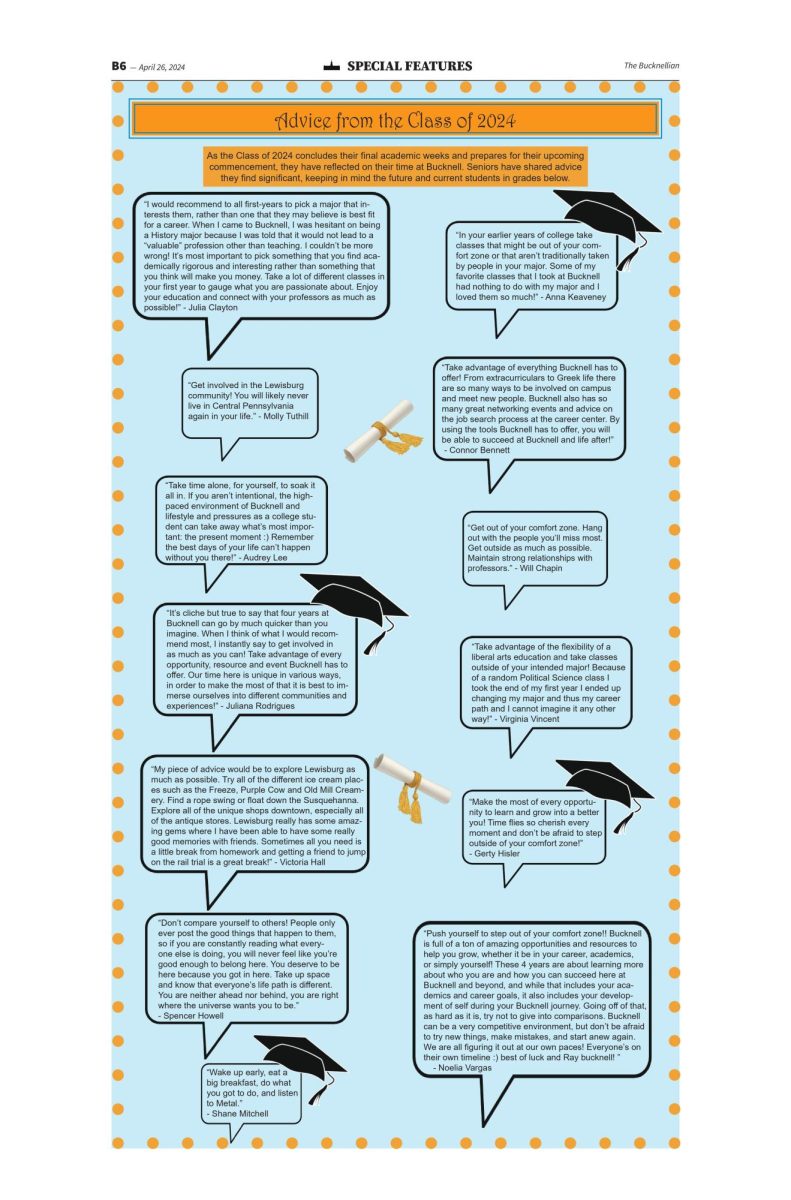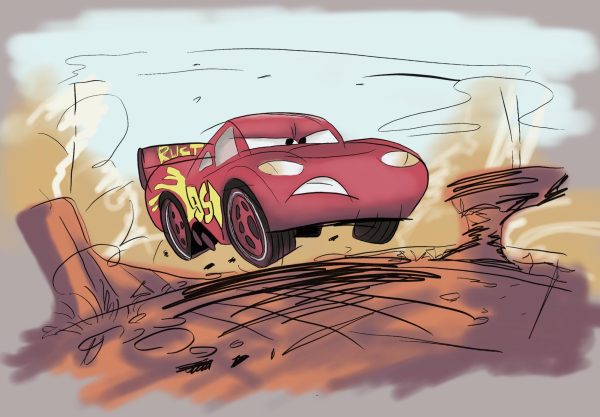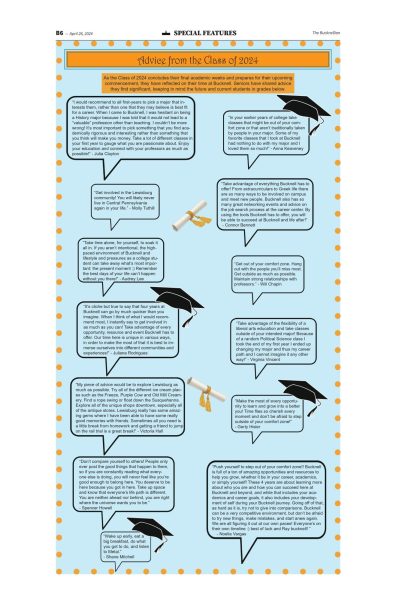Letter to the editor: American ‘Useful Idiots’
April 20, 2017
At a time when talk of Russian spies among us is on many lips, it was an interesting coincidence that documentary filmmaker Richard Wormser ’55 returned to campus last week to show his new film “American Reds,” a very partial history of the Communist Party of the United States (CPUSA). I attended the screening and spoke briefly with Mr. Wormser afterward. He seems a nice enough fellow. His film, however, engages in morally irresponsible whitewashing of this depressing piece of American history.
In one of the movie’s first scenes, we get a glimpse of the kind of thinking that got people into the CPUSA. A party member recalls a moral lesson delivered by his father that became the core of his own view for his entire adult life. While watching construction workers erect a building, a limousine pulls up with the building’s owner inside. The father asks the boy, “Do we need him? No, we don’t need him. We need the workers.” That the workers would not be building much without the materials, the rights to the property, and the wages supplied by the owner is a nicety that apparently eluded him entirely.
But it isn’t merely the facile nature of the political ideas of party members that stands revealed in the film. We find here, more troublingly, a penchant for uncritical adulation of merciless dictators, utter blindness to their crimes against humanity, and a willingness to work to subvert and engage in espionage on their own government in the interests of those same murderous totalitarians. Wormser purports to tell of both “the vision and the blindness” of the CPUSA, but the account of their supposed vision is vastly overstated and the blindness is only glimpsed fleetingly, and never in its most horrific implications.
The film fleetingly refers to members of the CPUSA engaging in espionage, but the human and political costs of that espionage are not mentioned. The Venona project, a 40 year American counter-intelligence effort to gather encrypted communications between Soviet intelligence forces and their American spies, has revealed how deep and destructive this infiltration was. The film presents us the tired lie of a paranoid America hysterically denouncing a wholly non-existent communist menace, but the truth is that we now know that there were hundreds of Communist Party members and sympathizers at work inside the federal government and among the ranks of scientists and technicians involved in military research.
These traitors to their country were central players in the State Department, the U.S. Treasury, and the Office of Strategic Services, and they were among the chief architects of former President Franklin D. Roosevelt’s domestic policy; indeed, they included a few of the intimate personal assistants to the president himself. They enabled the Soviets to acquire atomic bomb technology years before they otherwise would have been expected to do so, and this tactical fact fundamentally changed a tense situation in Korea into a hot war that saw some 37,000 American soldiers die. These awful costs of communist espionage somehow fail to show up in the film’s calculation of the balance of the “vision” and the “blindness” of the party.
Many remarkable things are said in the film, but a few stand out. One party member talks of how he seriously believed that communist revolution would eliminate sickness and hunger and usher in heaven on earth. It naturally takes two people with Ph.D.s to outdo this astoundingly ingenuous claim in their comments at the film’s close: “For all of their faults, communists brought about a better world, a better America,” one academic historian intones gravely and apparently sincerely, and a second informs us that “American communists were blind to the terror of Stalinism, but they did have vision.”
What “better world”? The world they contributed to was, as the film depicts them freely admitting, one in which the existing society they take as a model for the future is a ruthless totalitarian dictatorship that starves, brainwashes, expropriates, and murders its own people.
What “vision”? A dystopian one of a United Soviet Socialist Republics of America in which the same ideology and methods employed by Lenin and Stalin would be put into practice here by their American counterparts.
I don’t imagine these two historians, or anyone in the University audience who responded with such vigorous and obsequious flattery to the maker of this profoundly deceitful film, would actually want to live in a world like that. That they can rhapsodize about such things as hallucinatory abstractions and completely ignore the dreadful reality of the actual application of such political principles is a sad testimony to human self-deception.
Alexander Riley























